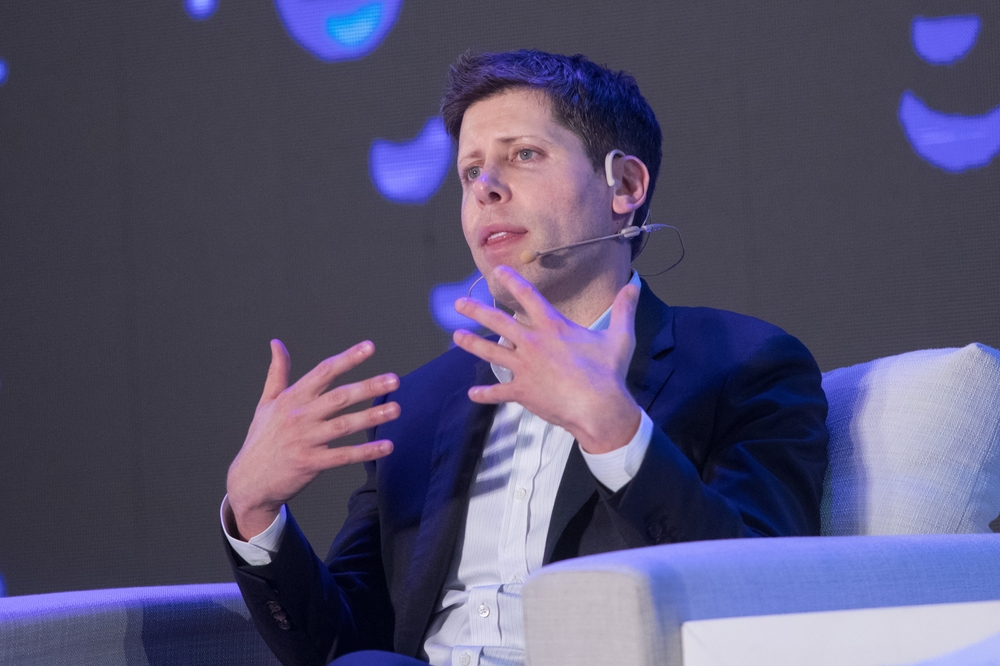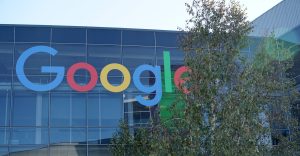As voice synthesis technology advances, OpenAI confronts the ethical dilemmas and political risks, especially in an election year. How will they navigate the challenges?
Others are reading now
In a world increasingly dominated by artificial intelligence, OpenAI stands at the forefront, pushing the boundaries of what AI can achieve. Yet, with great power comes great responsibility.
Recognizing the profound implications of voice synthesis technology, OpenAI recently addressed the ethical and political risks associated with this groundbreaking innovation, particularly as the world enters an election year.
The company’s commitment to responsibly advancing AI technology is clear. In a candid blog post, OpenAI acknowledged the potential for misuse, stating,
“We recognize that generating speech that resembles people’s voices has serious risks, which are especially top of mind in an election year.”
Also read
A Collaborative Approach to Ethical AI
OpenAI isn’t navigating these waters alone.
The organization is proactively reaching out to a diverse range of stakeholders, including government, media, entertainment, education, and civil society, to gather insights and feedback.
This collaborative effort aims to ensure that the development of voice synthesis technology is aligned with ethical standards and societal values.
The company has established strict usage policies to mitigate potential abuses, explicitly prohibiting impersonation without consent or legal right.
Furthermore, OpenAI advocates for the implementation of “voice authentication experiences” to confirm that individuals have willingly contributed their voices to the service.
Another proposed safeguard is the creation of a “no-go voice list,” designed to prevent the generation of voices that closely resemble those of prominent figures.
Challenges in Detecting AI-Generated Content
Despite these precautions, the industry faces significant hurdles in identifying and labeling AI-generated content.
Techniques like “watermarking,” intended to mark digital content as AI-generated, have been undermined by their susceptibility to removal or circumvention.
Concerns Over Misuse and Legal Ramifications
The potential misuse of voice synthesis technology by malicious actors remains a pressing concern.
Geoffrey Miller, an associate professor of psychology at the University of New Mexico, voiced his apprehensions on the social media platform X.
He questioned OpenAI’s preparedness to handle the consequences of deepfake voices being used to defraud millions of older adults, potentially leading to a “tsunami of litigation.”
OpenAI’s silence in response to Miller’s inquiry underscores the complexity of the issues at hand. As the company continues to explore the frontiers of AI, the balance between innovation and ethical responsibility remains a critical challenge.








